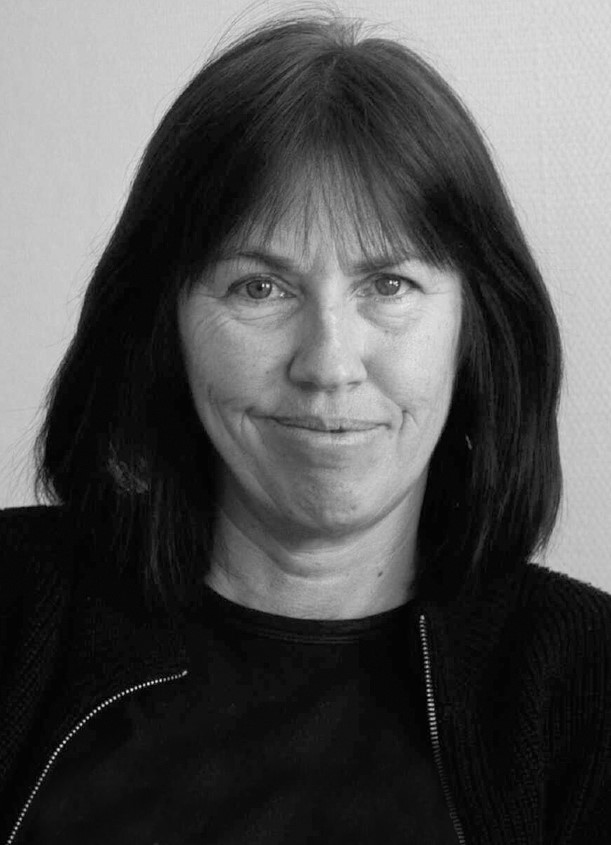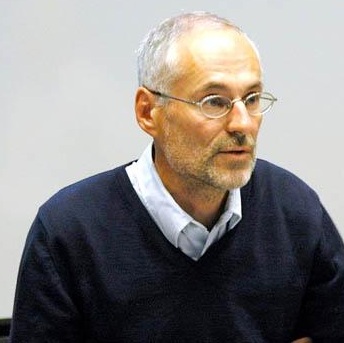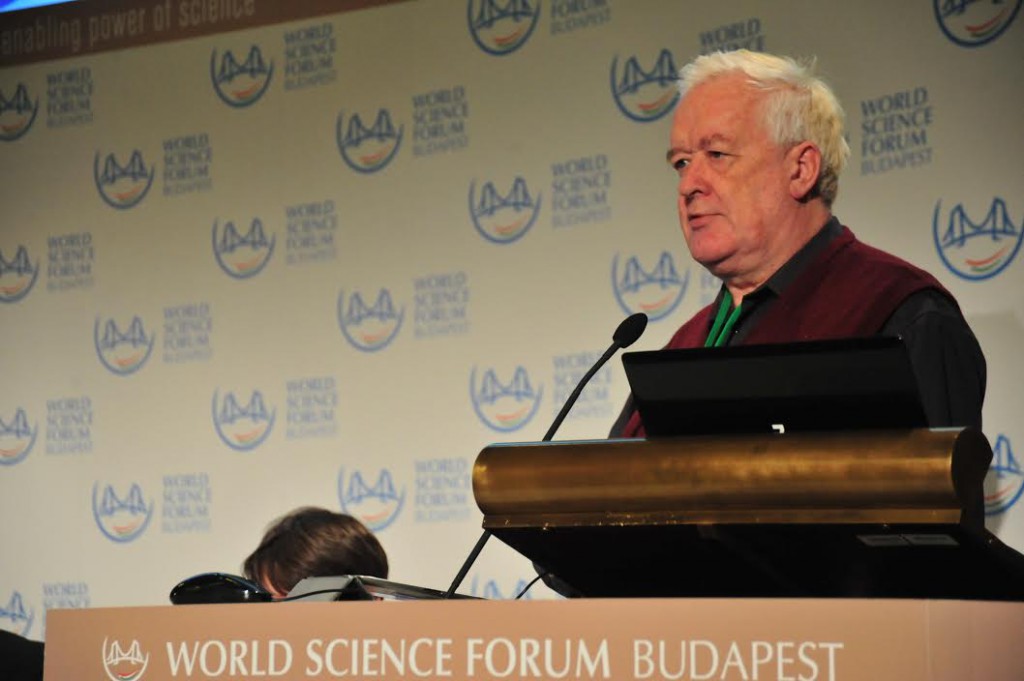
Monday morning the climate summit started with scores of state leaders arriving in their black cars, delegates and press mostly in hybrid shuttle buses.
But Espace Générations Climat – the forum for all the non-accredited NGOs and activists, remained closed. They were not allowed to open until Tuesday, evidently for security reasons. The amount one has to pay to be there is rather steep. A woman representing a small NGO said they had to pay 1700 Euro for just 9m2.
Continue reading Degrees and vulnerability – A personal account of climate activists at COP21



